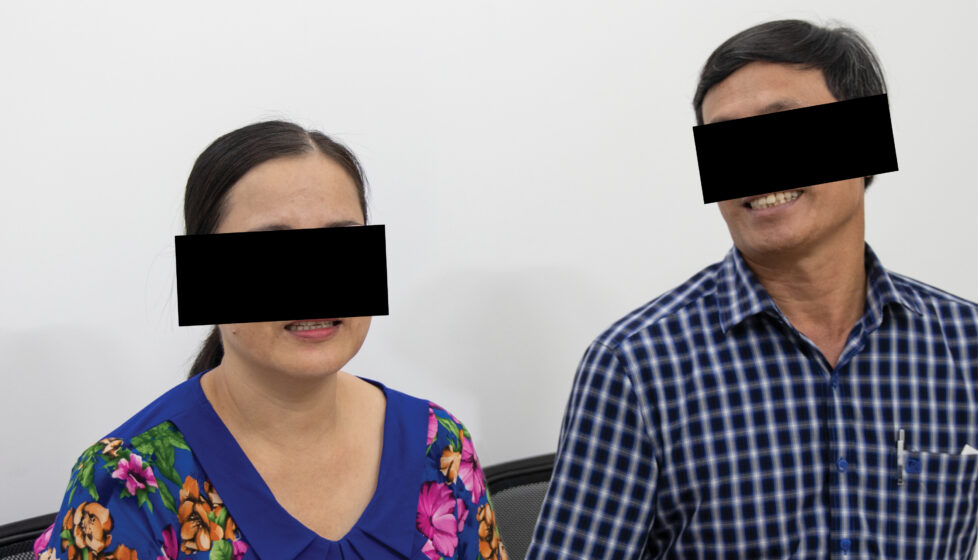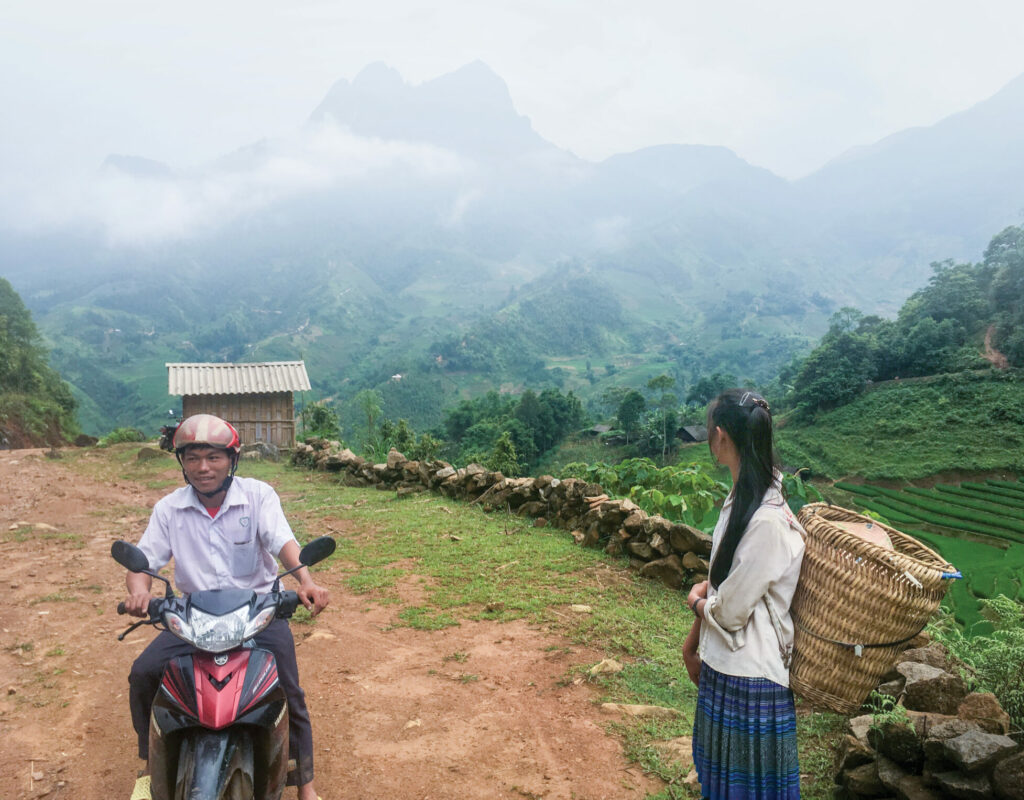Vietnamese Couple Persecuted While Training Tribal Believers
Vietnam

According to Bao and Chi’s schedule, they anticipate a big harvest soon in Vietnam. Since 2000, the two have traveled the central region of the country sharing the gospel among tribal groups that practice a mix of ancestor worship and Buddhism. And two years ago, despite repeated arrests and other forms of harassment from police, they decided to enter the ministry full-time.
The married couple now train and disciple Christians from 10 tribes, visiting each tribe for two to three days at a time. “The work of God is increasing, and there are more tribes to work with,” Bao said. Those from tribal groups are generally viewed as second-class citizens in Vietnam, and even Christian workers rarely reach out to them. Most evangelical work in the country is focused on those living in larger cities.

Bao, Chi and their two children moved to a village among the H’re people in 2004, farming, raising livestock and building relationships. They soon expanded their outreach to other tribes, requiring them to travel the muddy, mountainous roads by motorbike to reach remote villages.
As they meet with Christians from each tribe, usually in groups of 20 people or more, they spend the first two days introducing them to an evangelistic training program that takes two years to complete. The lessons focus on the Old Testament, New Testament, hermeneutics, general doctrines, spiritual growth and discipleship. The third day of training is devoted to large evangelism events, which often result in harassment from police and villagers.
Throughout the training, Bao and Chi emphasize that Christians in Vietnam should expect to face persecution. “Part of the curriculum is sharing about persecution in the Bible,” Bao said. “The first church faced persecution, and the church faces persecution now, so I train the churches in persecution.”

them numerous times, trying to discourage their ministry work in rural areas like
this one.
Bao said believers in Vietnam face persecution through their families, their communities, their jobs and the government. “Persecution must take place,” he said. “It must happen to the church, but for my experience the church grew even though it faced a lot of persecution. The more persecution, the more they grow strong in their faith.”
To make the best use of their time, Bao and Chi often travel separately, with Chi primarily teaching the women of the village. Their 21-year-old daughter and 11-year-old son stay with grandparents when they’re both away.
Bao and Chi have been arrested individually too many times to count, and they’ve been detained as a couple four times in the past five years. The routine arrests and interrogations are intended to discourage the couple from continuing their work, and authorities often ask them to sign a document promising to stop their work and pay a fine. But Bao and Chi boldly and faithfully refuse to make either promise.
The first time they were arrested together, in 2015, Bao had taken every precaution to avoid arrest. “The local authorities allow believers to pray,” Bao explained. “When you pray, you close your eyes and it’s OK. They don’t allow you to teach or preach, so one time while I was preaching, I closed my eyes; this means, ‘I’m praying.’”
Since he couldn’t read the Bible with his eyes closed, Bao had memorized his scriptures for the day in advance. But within 15 minutes of beginning his “prayer,” more than 20 police officers armed with guns, sticks and knives had surrounded the house. Although someone notified Bao of the police presence, he continued his “prayer.”
“By the end of my ‘prayer,’ I feel the gun in my back,” he said. Bao, Chi, the owner of the home in which they were meeting, and three deacons were taken to the police station, where they were interrogated and later released.
In another incident, Chi narrowly escaped a serious confrontation with police while teaching more than 50 tribal children. In the middle of a lesson, someone whispered in her ear that about 15 plainclothes policemen were looking for her. And three uniformed officers soon joined the search, intent on arresting her for sharing the gospel in their village. Her husband, Bao, had already left for another village, and Chi knew she could face serious trouble if caught. “They often persecute Christians in that area,” she said. “They buried one brother while he was still alive.”
Chi escaped with the help of some local women, none of whom were detained by police. She knows she would have been arrested if she hadn’t escaped and suspects she would have been treated very badly. “If I said that I am not afraid of the persecution or to be killed, it would not be true,” she said.
Still, Bao and Chi said they are prepared for more persecution. “Step by step, we can do the ministry,” Bao said. “If God wills, we face persecution … and remember to pray for unity between us [as] husband and wife. That is the most important thing.”


 Guide
Guide